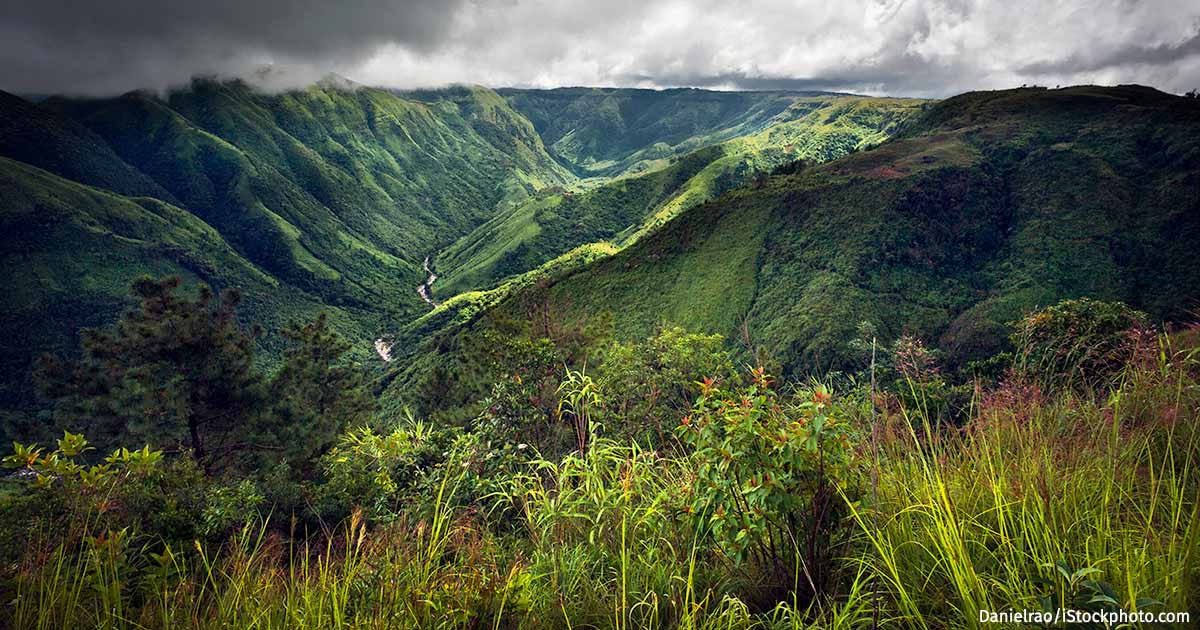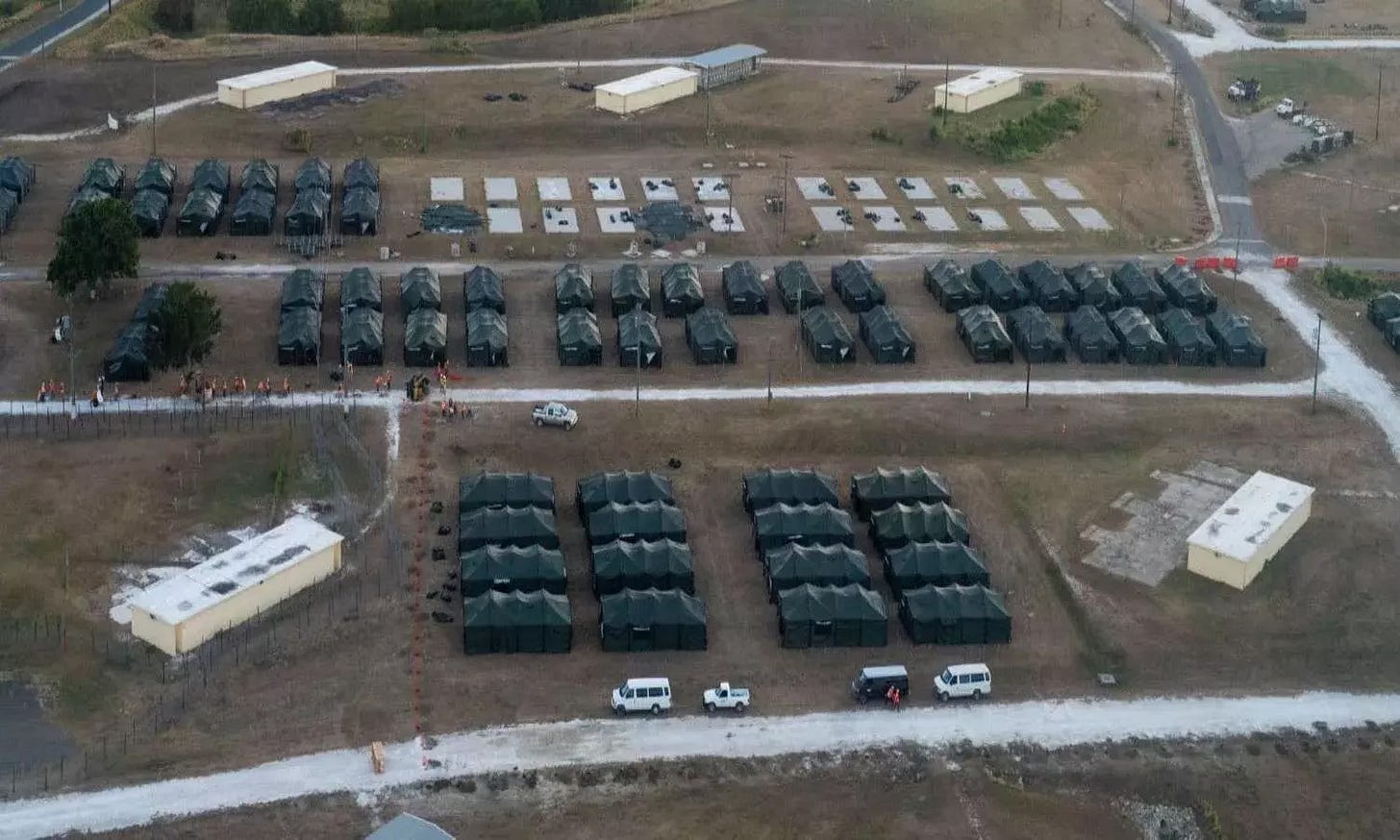Living On The Margins
This week, flailing healthcare for India's tribal communities, shrinking forests in northeast India, and Punjab's worsening water crisis from thirsty basmati
India's vulnerable communities face cascading crises as health disparities among tribal populations persist alongside accelerating environmental degradation. Tribal citizens experience poorer health outcomes, despite some improvements in maternal care and vaccination rates, while Northeast India's pristine forests rapidly disappear, losing an area equivalent to Goa in the past decade. Meanwhile, Punjab's agricultural heartland fuels India's dominance in global basmati rice exports while simultaneously draining its groundwater reserves at unsustainable rates.
These discrete, yet interconnected, challenges highlight a critical tension between economic development, resource management, and social equity across rural India where government policies often fail to address the complex needs of marginalized populations and fragile ecosystems.
Tribal communities in India face significant health disparities, despite some improvements in recent years. While there have been positive trends in pregnancy care registration, institutional deliveries, and vaccination rates among tribal populations, they still lag behind national averages in many critical health indicators.
Tribal children face higher mortality rates and greater prevalence of malnutrition. The health challenges are evolving too, with increasing rates of lifestyle diseases like hypertension and high blood sugar appearing alongside traditional health concerns.
Healthcare access remains a major obstacle, with tribal areas suffering from inadequate infrastructure, severe shortages of specialist doctors, and high vacancy rates among medical staff. Many tribal communities must travel between 5-80 kilometers to reach health centers, facing barriers like poor roads, limited transportation, and language differences.
Despite government efforts, these communities continue to encounter systemic challenges that impact their overall health outcomes and quality of life. Prachi Salve reports.
Northeast India's forests are rapidly declining, with the region losing 327 square kilometers of forest cover in just two years and 3,877 square kilometers (roughly the size of Goa) over the past decade.
Despite 75% of the geographical area being under forest cover in most northeastern states, these biodiversity-rich ecosystems continue to degrade, transforming from dense forests to sparse, open forests or non-forest areas.
Factors driving this loss include development projects, illegal logging, forest fires, and shifting cultivation practices. Community governance of forests faces challenges as tribal ownership lacks security, while government policies like the amended Forest Conservation Act may actually accelerate deforestation by exempting border areas from protection. Tanvi Deshpande delves into the issue.
India dominates global basmati rice exports, supplying 75% of the world market, primarily to water-stressed Middle Eastern countries. Punjab leads production, contributing 40% of India's basmati, but faces a severe groundwater crisis. Despite basmati being a premium export earning twice as much as non-basmati rice, its water-intensive cultivation is rapidly depleting aquifers.
Groundwater levels in major basmati-producing districts have plummeted, with some regions extracting groundwater at 200-400% of replenishment rates. Despite government initiatives like the Punjab Preservation of Subsoil Water Act and micro-irrigation schemes, adoption remains low at just 1.2% of cultivated area.
Economists warn that without policy changes, Punjab could exhaust its drinking water within 15-30 years. Read Anant Prakash's deep dive into this critical issue.
As the United States continues to deport illegal Indian migrants to that country, the issue is increasingly mired in a political pie-fight while the reasons for the spike in illegal migrations, the plight of the returnees and their prospects for the future is absent from the public discourse. For IndiaSpend Hindi, Parikshit Nirbhay reports on the urgent issues arising from these deportations.






